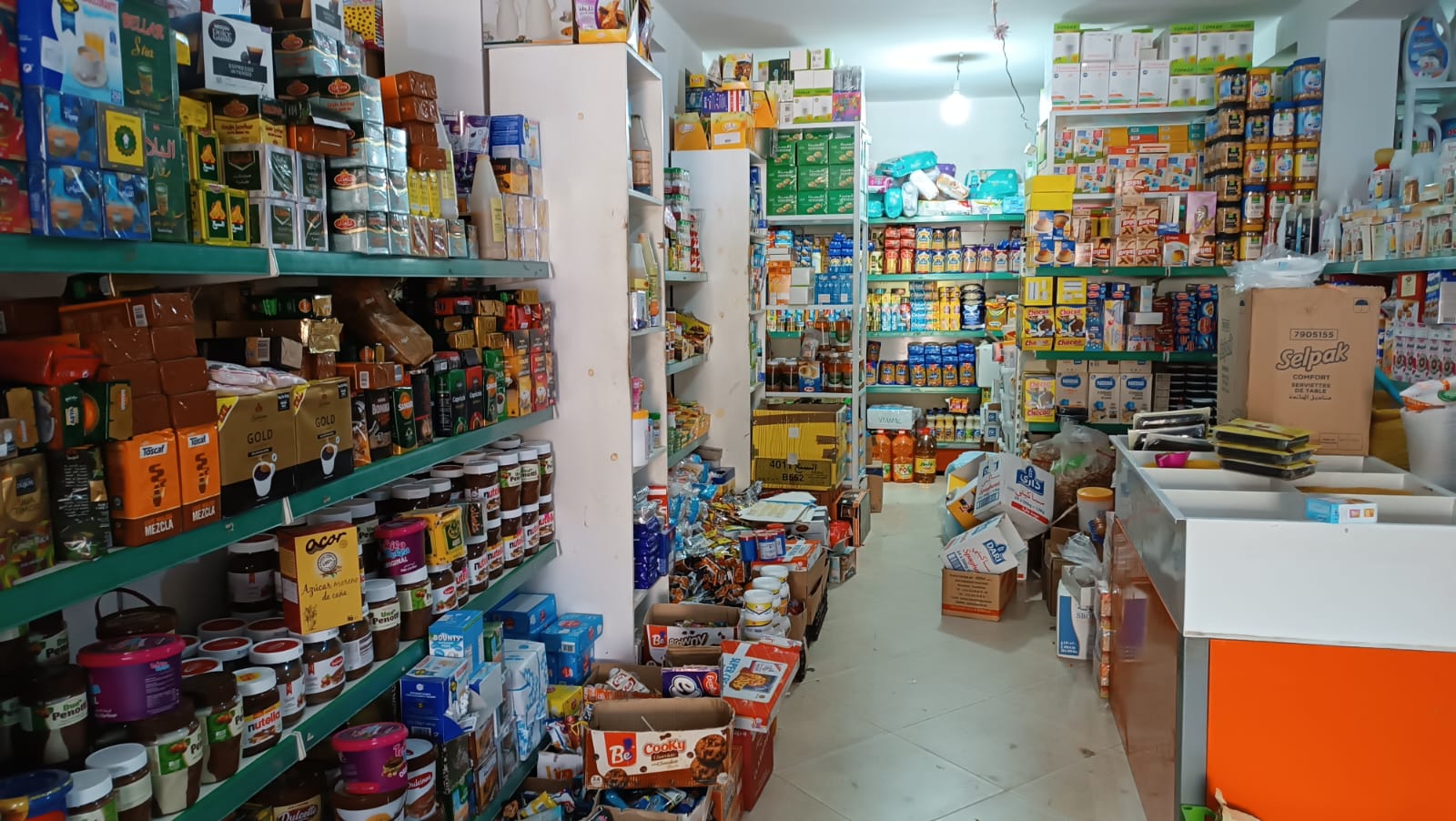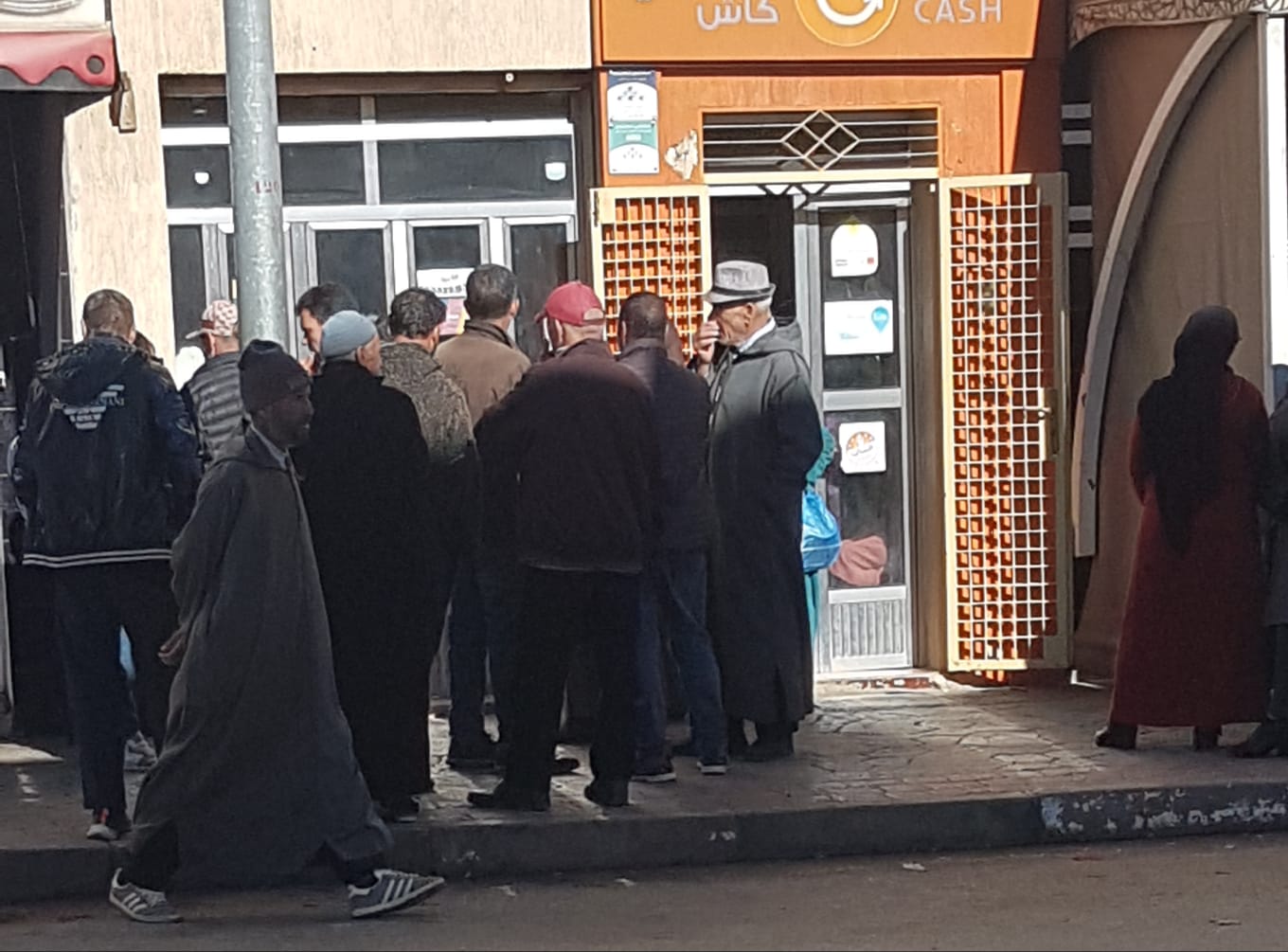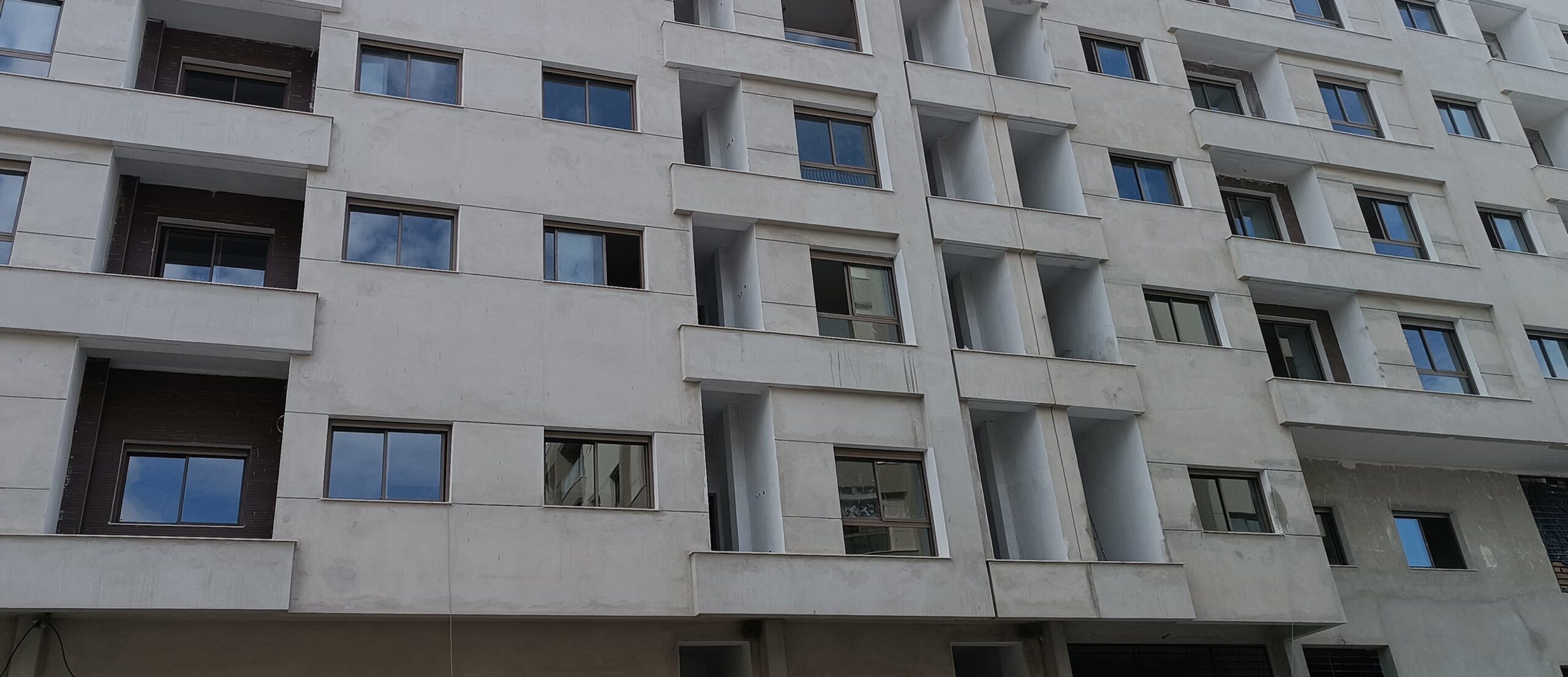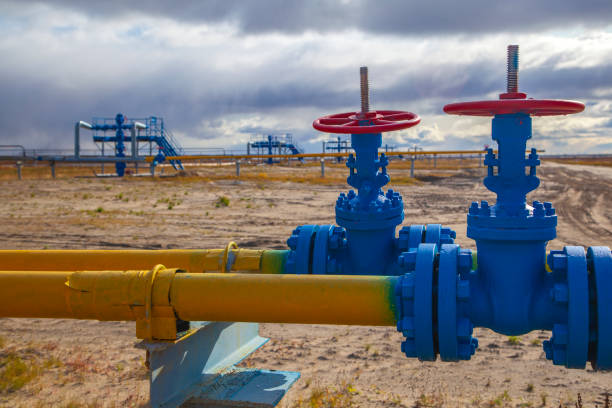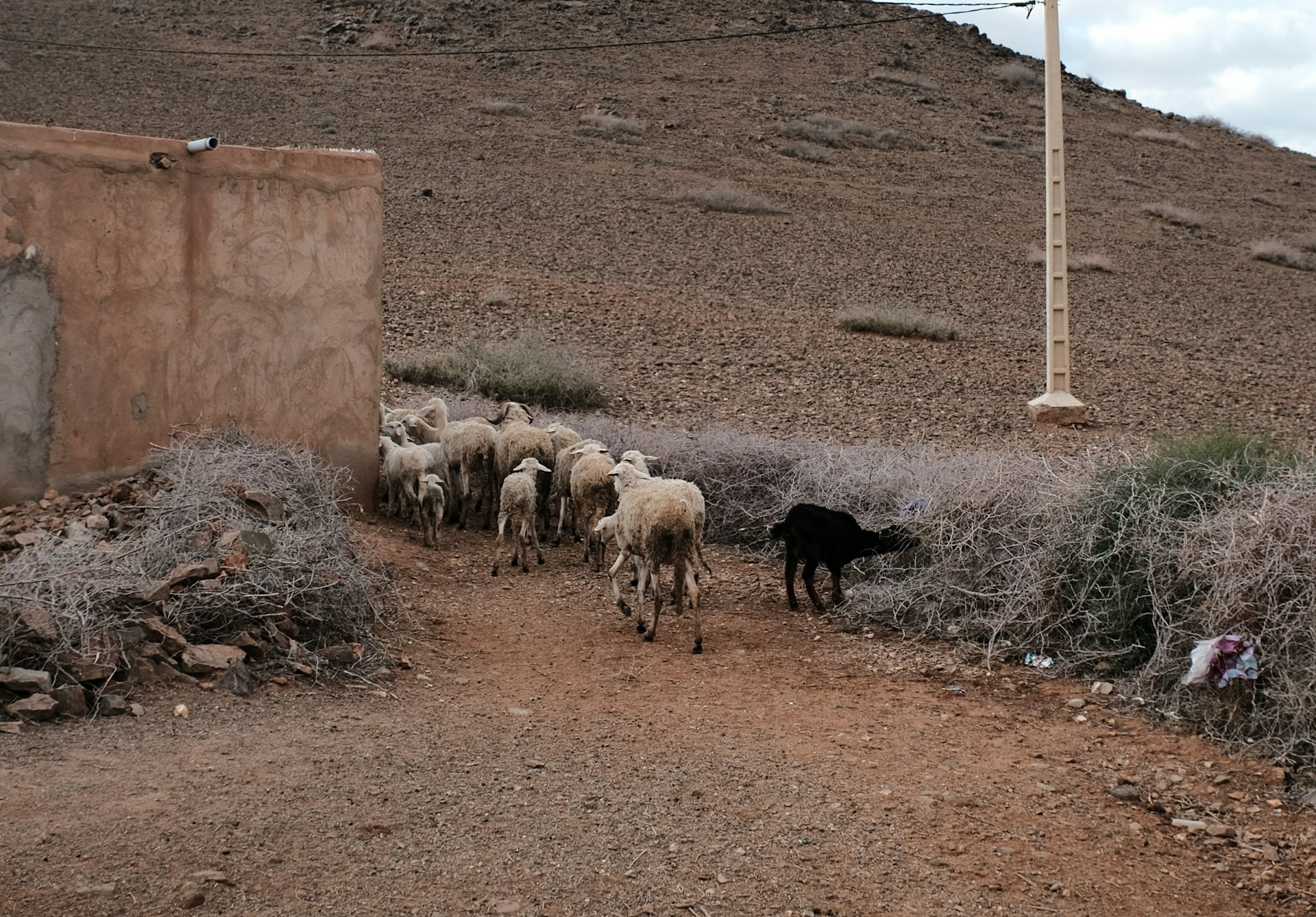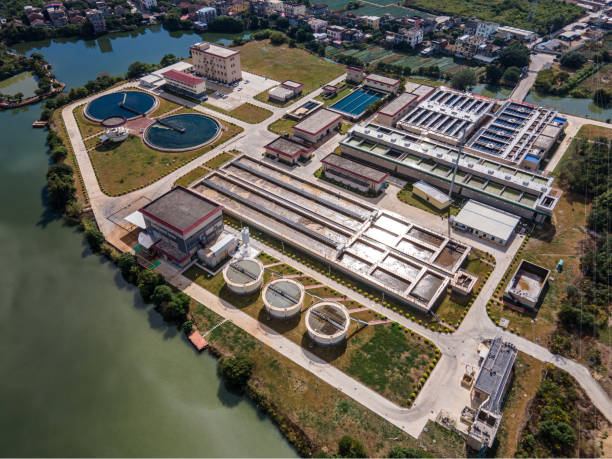Casablanca – The Moroccan government has unveiled a comprehensive financial plan for 2025 aimed at bolstering citizens’ purchasing power and mitigating the effects of inflation. With a substantial allocation of $1.7 billion to the Compensation Fund, this initiative is focused on providing critical support for essential goods such as household butane gas, flour, and sugar.
In addition to direct financial support, the government will introduce fiscal and customs measures designed to exempt these basic products from specific taxes. This strategy seeks to alleviate household expenses, particularly for vulnerable groups, by cushioning the economic impact of rising living costs.
Inflation relief and economic context
This announcement comes as inflation in Morocco shows signs of easing. During the second quarter of 2024, inflation dropped to 0.7%, down from 1.2% in the first quarter. The decline is primarily attributed to the reduction in raw material prices, which contributed to a decrease in overall inflation by 8 points, compared to 0.5 points in the previous quarter.
According to a report from Morocco’s High Commission for Planning, a 0.5% reduction in food prices was a key driver of this inflation decrease. However, non-food items experienced a price increase of 1.5%, up from 0.9% in the first quarter. These adjustments reflect the broader economic challenges facing Moroccan households and the government’s efforts to balance the impacts.
Strategic financial measures
The government’s $1.7 billion plan is part of a larger effort to address inflationary pressures while safeguarding citizens’ purchasing power. By providing tax exemptions on essential goods and supporting agriculture and livestock through subsidies on animal feed and fertilizers, the government aims to stabilize prices and support the agricultural sector.
This financial package is expected to directly benefit households across the country, especially low-income families who are most affected by inflation. The plan also includes initiatives to improve access to affordable housing, targeting around 110,000 families annually between 2024 and 2028, with a dedicated budget of $9.8 billion over the period.
Reconstruction and social inclusion
Beyond economic measures, the government is also committed to the reconstruction of areas affected by the Al-Haouz earthquake. So far, $144 million has been spent on aid for victims and the rehabilitation of infrastructure. In 2025, the government will continue these efforts by introducing simplified procedures for building permits and providing technical assistance to beneficiaries. The emergency program will also prioritize the reconstruction of health and education facilities, along with support for local artisans and merchants.
Reducing social disparities
A key component of the financial plan is the government’s focus on reducing regional and social disparities. A budget of $4.66 billion has been allocated to fund projects across 1,243 local communities. In addition, a specific program will aim to rehouse 120,000 families living in slum areas by 2029.
The 2025 financial plan also emphasizes the National Initiative for Human Development, promoting the economic and political empowerment of women and improving access to basic rights for people with disabilities. These programs aim to enhance social inclusion and improve the quality of life for all citizens.
Morocco’s 2025 financial plan represents a significant step toward mitigating inflationary pressures and protecting the most vulnerable segments of the population. With a mix of direct financial support, tax exemptions, and strategic investments in housing and infrastructure, the government is positioning itself to navigate the economic challenges ahead while fostering greater social equity and stability.






